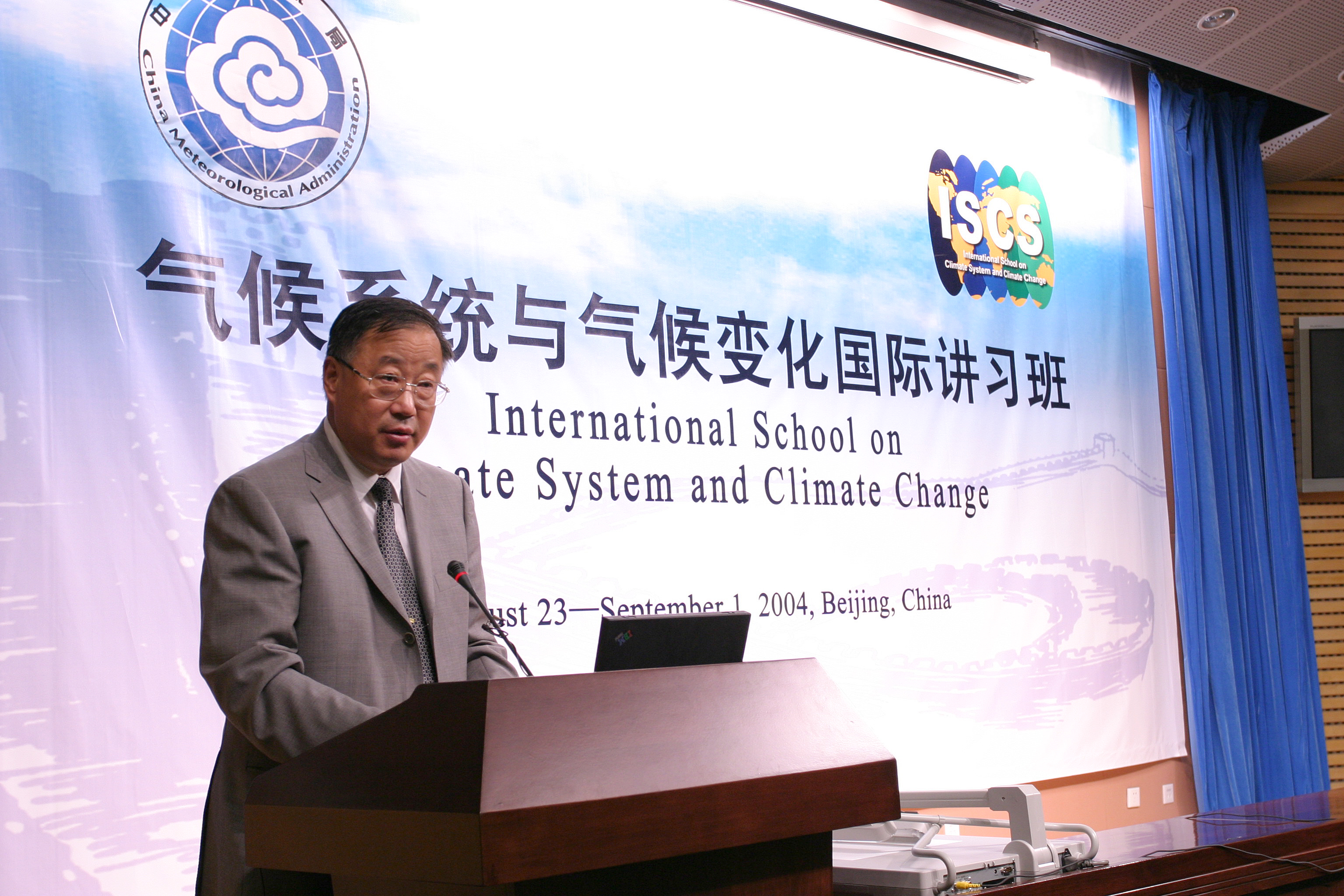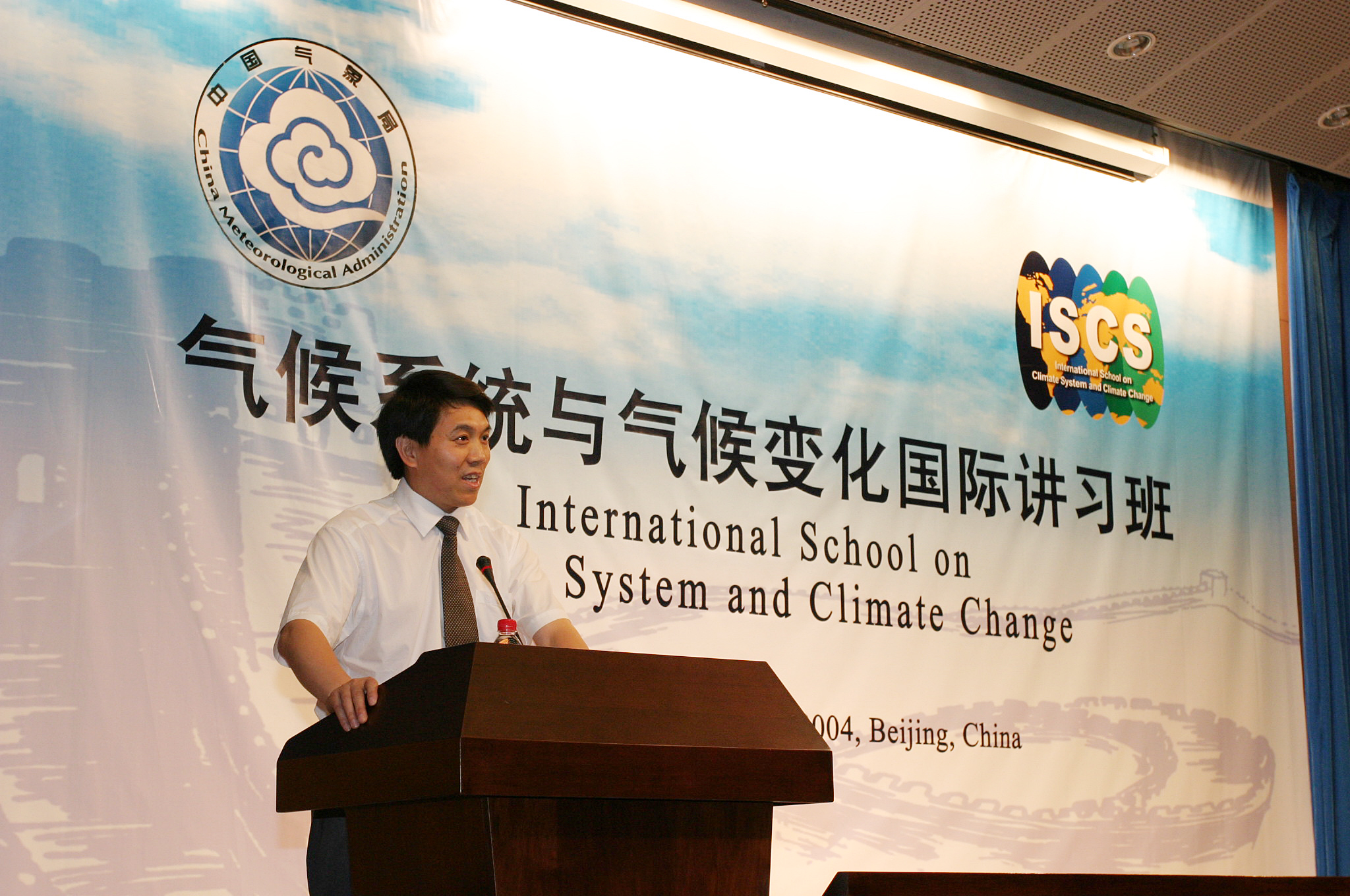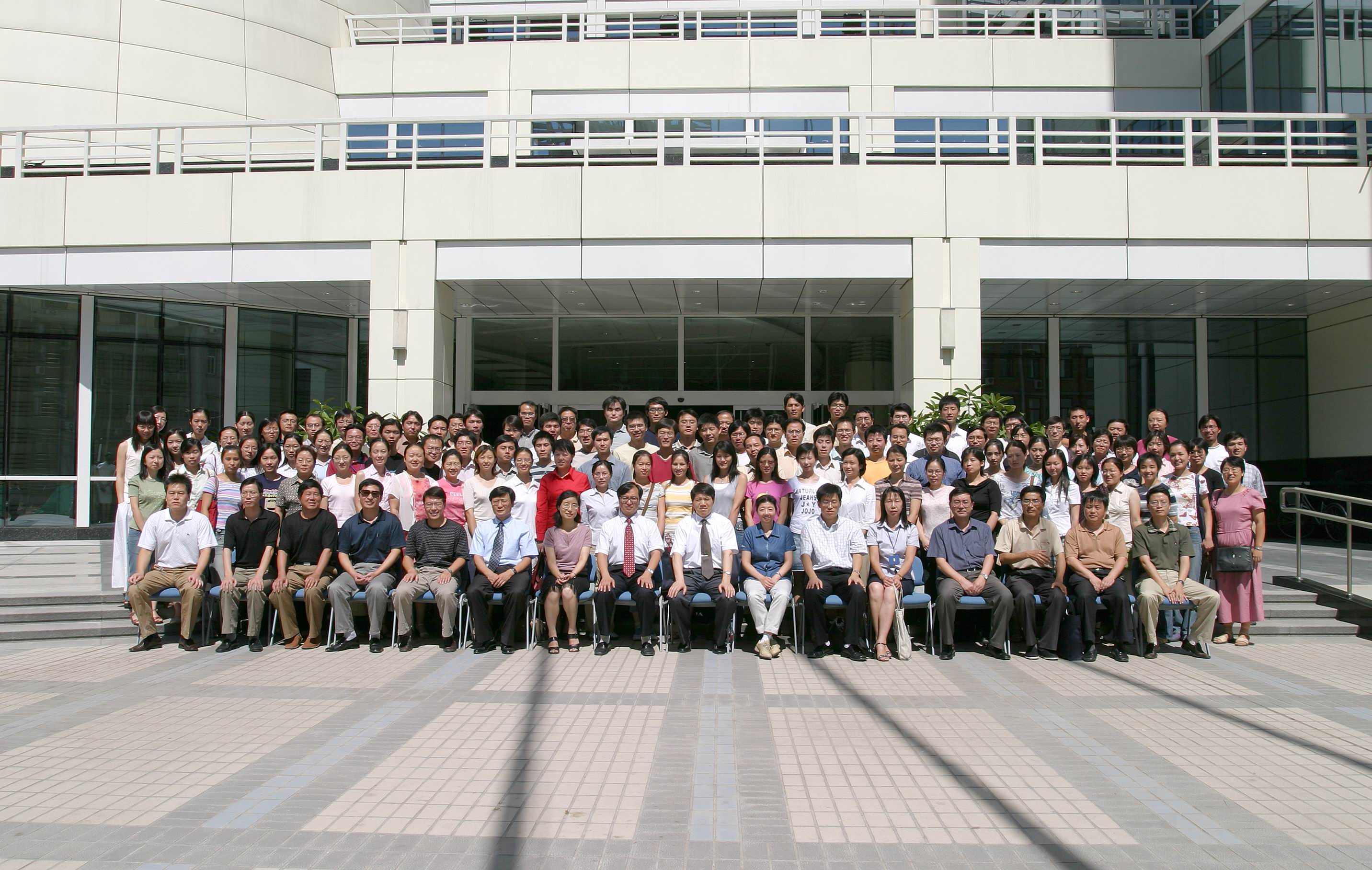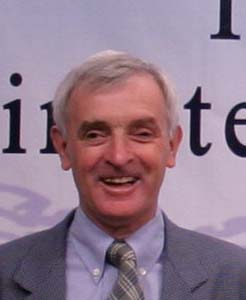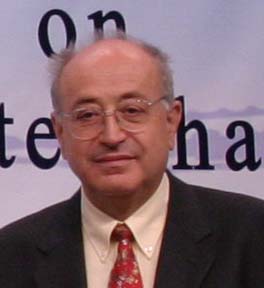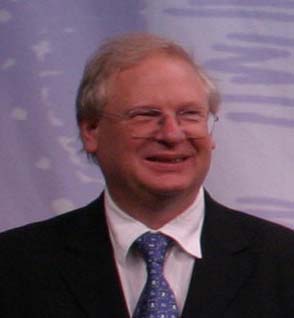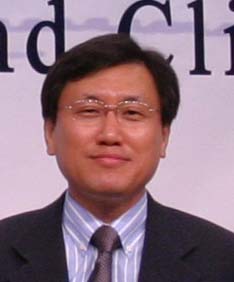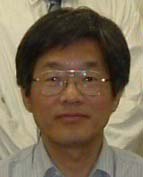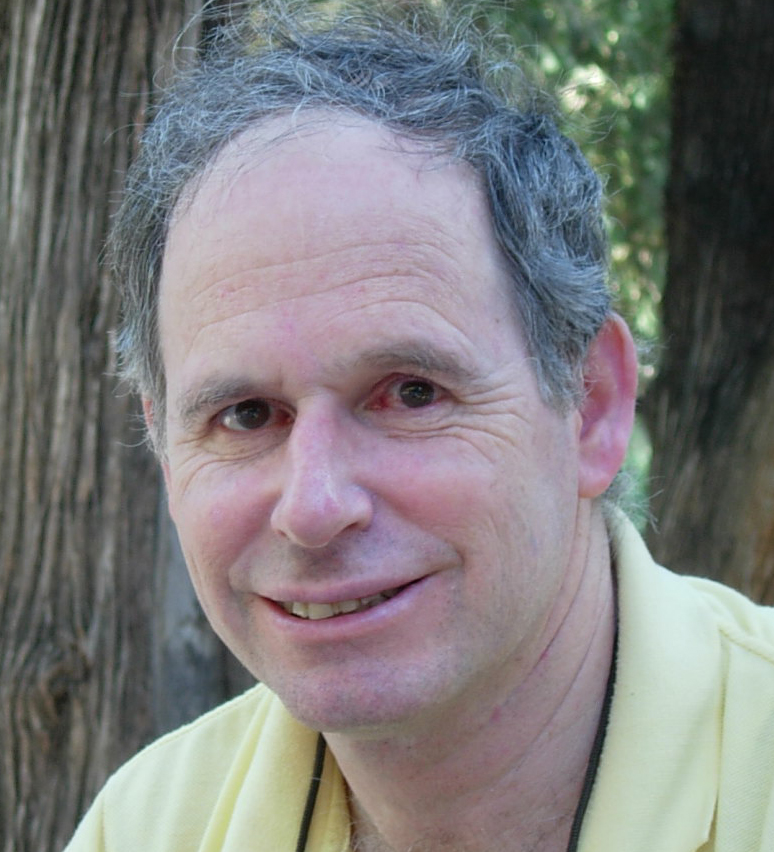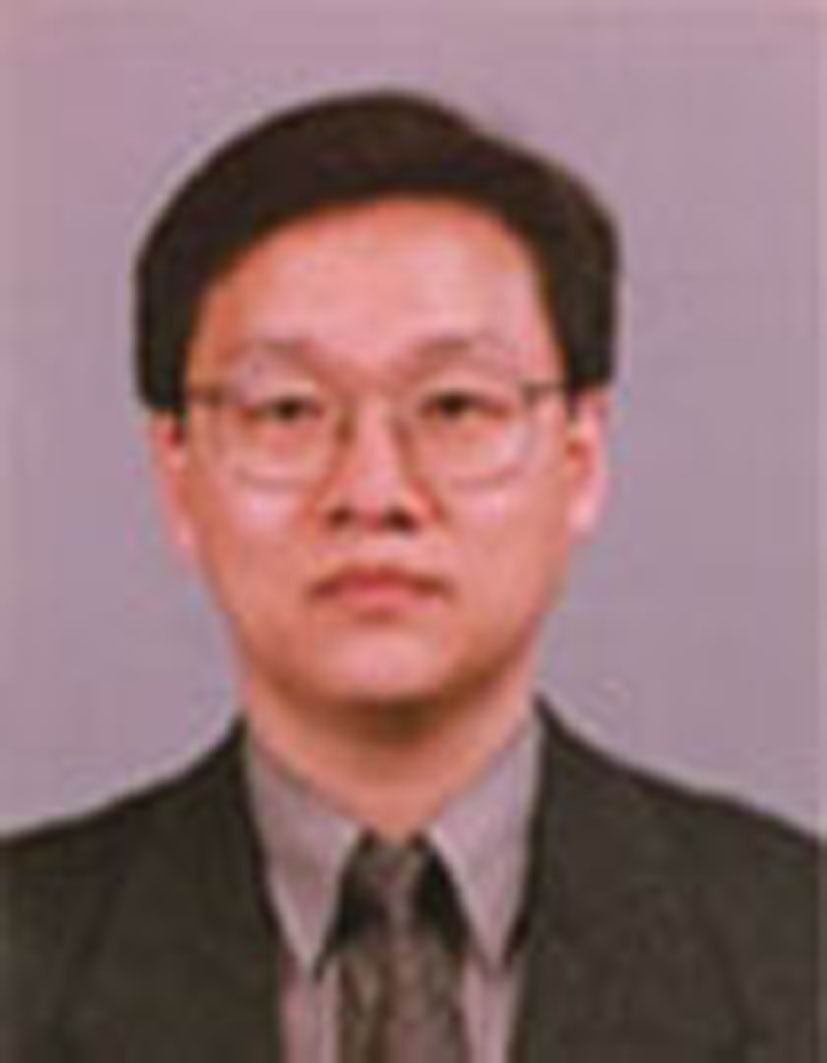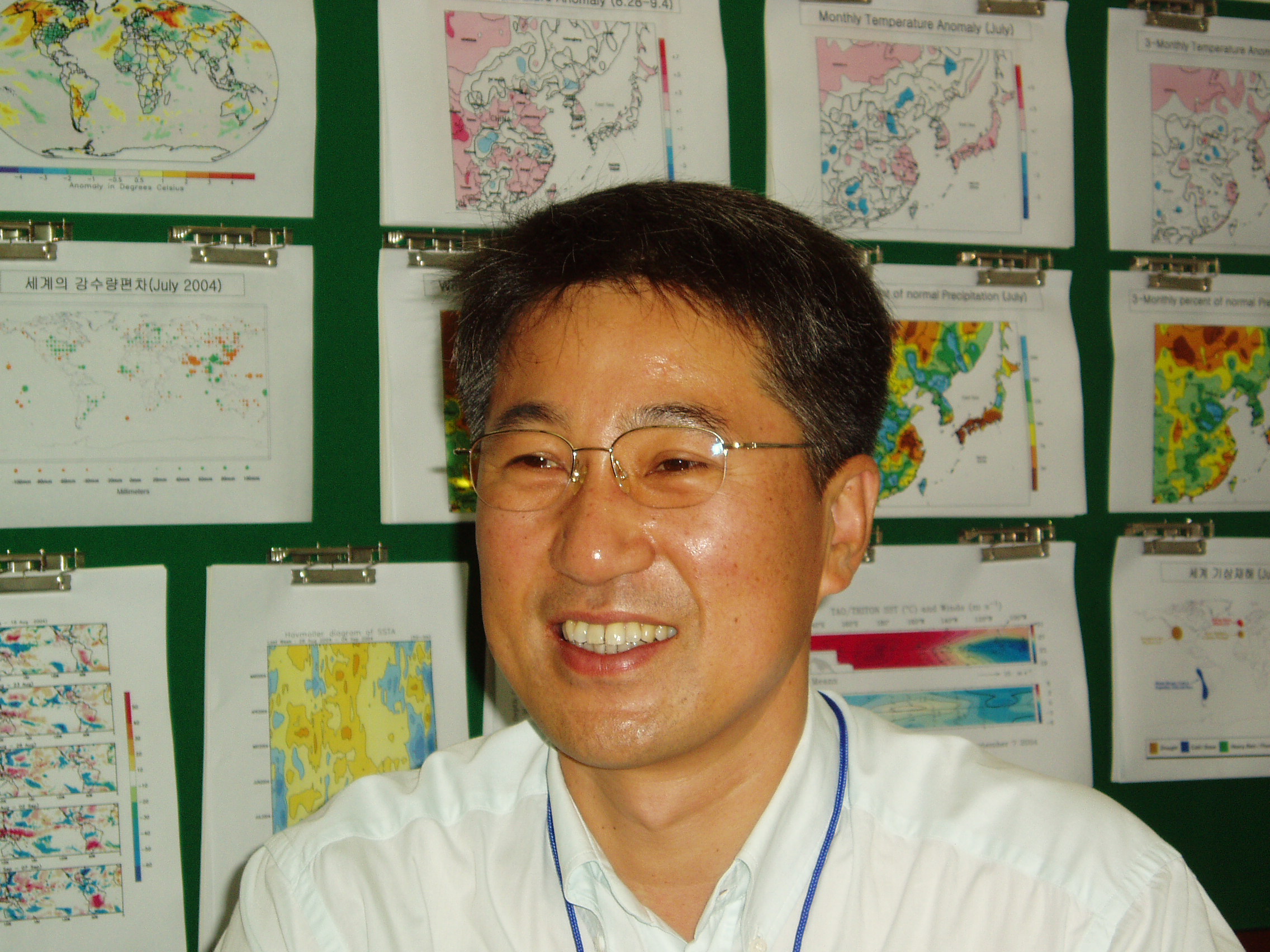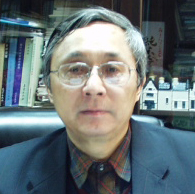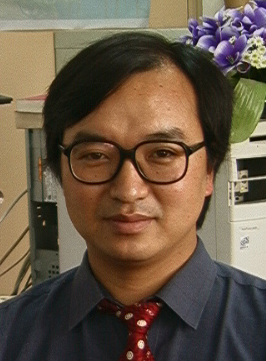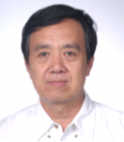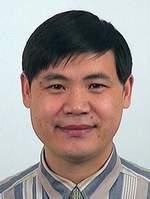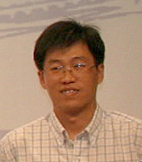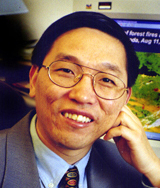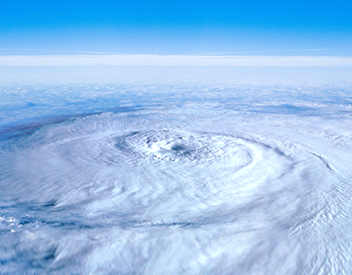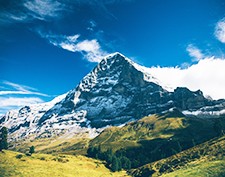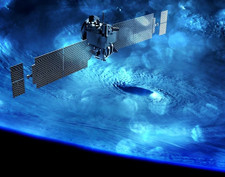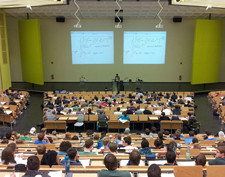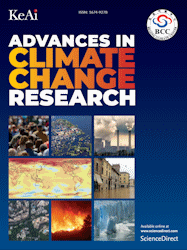The First International School on Climate System And Climate Chang (ISCS)
Author:Yan Zhang,Yiming Liu 2004-11-19
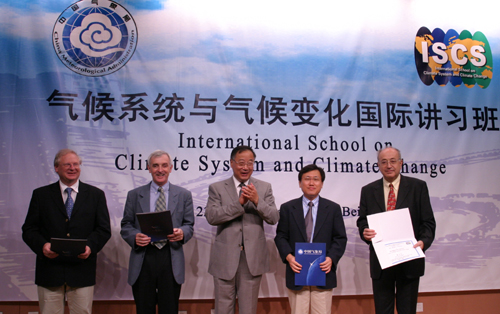
The First International School on Climate System And Climate Chang (ISCS), sponsored by China Meteorological Administration (CMA) and co-sponsored by the Office of IPCC Working Group I, State Administration of Foreign Experts Affairs and National Natural Science Foundation of China, was held in CMA from August 23 to September 1, 2004. It received extensive attention from the meteorological departments and relevant scientific research institutions. More than 16o students including young researchers, doctoral candidates and master degree candidates specialized in climate system and climate change research took part in the study. They are from over 40 organizations, such as the Chinese Academy of Sciences (CAS), Chinese Academy of Social Sciences, Ministry of Science and Technology, Ministry of Education as well as CMA National Climate Centre, Chinese Academy of Meteorological Sciences (CAMS) and eight meteorological institutes, National Satellite Meteorological Centre, seven Regional Meteorological Centres, provincial meteorological bureaus, etc.
Fifteen world famous experts from countries including France, Germany, South Korea, Japan, U.S.A., Canada and China, were invited to serve as the lecturers of ISCS. They were: Dr. Jean Jouzel from France, Vice-Chairman of IPCC Working Group I; Dr. Robert Delmas from France, Director of the Laboratory of Glaciology and Geophysics and Environment; Dr. Ulrich Cubasch from the Meteorological Institute in Free University Berlin; Dr. In-Sik Kang, Director of the Climate Environment System Research Center of Seoul National University; Dr. Akio Kitoh, Director of the Climate Research Division of the Meteorological Research Institute in Japan Meteorological Agency; Dr. John Ogren and Dr. Zhanqing Li from U.S.A; Dr. Daniel Rosenfeld from Israel; Dr. Chung-Kyu Park and Dr. Won-Tae Yun from Korean Meteorological Agency; as well as some renowned scientists in China, namely, Prof. Ding Yihui, Dr. Dong WenJie, Prof. Lin Er’Da , Prof. Pan Jiahua, Mr. Chen ZhenLin.
Dr. Qin Dahe, Administrator of CMA, made an opening remark on the morning of August 23. He congratulated the First ISCS and emphasized that the global climate change and its impact was becoming a focus of common concern by humankind. It is necessary to strengthen the study and research on the processes and mechanisms of the climate system and climate change in order to combat the negative impact of climate change, understand its rules and the complicated relations and interactions among the five spheres, i.e. atmosphere, hydrosphere, lithosphere, cryosphere and biosphere. He hoped that the ten-day study could lay a good foundation for the students’ future study and research and that such school could be held every year and turned to be an excellent product with high visibility in China and abroad. He also awarded Certificates of ISCS Outstanding Scientists for the lecturers at the opening ceremony. Leaders from the National Development and Reform Commission, Ministry of Science and Technology, Chinese Academy of Sciences and CMA attended the opening ceremony.
Present the closing ceremony on September 1st include Dr. Zheng Guoguang, Secretary-general of the National Climate Committee and Administrator of CMA, Mrs. Guo Yaxi and Mrs. Chao Qingchen,Deputy Director Generals of the Department of Scientific and Technological Development, Mr. Chen Zhenlin, Deputy Director of the Department of International Cooperation, Mr. Dong Wenjie and Mr. Luo Yong, Deputy Directors of the National Climate Center.
The researchers’ representative of Lanzhou Arid Meteorological Institute of CMA and Cold and Arid Regions Environmental and Engineering Research Institute of CAS, as well as the Doctoral and master degree candidates’ representative of CAMS, Institute of Atmospheric Physics of CAS and Beijing Normal University addressed at the session. They said they were proud to be the students of the First ISCS and had benefited a lot from the study. Through the study in this school, they got a better understanding that the earth system including the five spheres were an integrated system and cannot be understood separately. The whole process was a very complicated one through the climate system to the earth system. The ISCS provided the students a forum to study and exchange. It achieved the goal of learning hot issues in the frontiers of world sciences and key scientific issues in climate system and climate change, and improving the understanding of the climate change issues, widening the visions. Thus it laid a solid foundation for future study and work.
Secretary-general Zheng GuoGuang made a summary remark at the closing ceremony. He said that CMA held such a large International School on Climate System And Climate Chang for the first time and it was a new initiative in the all-round implementation of the Three Strategies of CMA, i.e. Strategy of Invigorating The Meteorology Through Science, Technology And Education; Strategy of Expansion; and Strategy of Reinvigorating Meteorological Service Through Human Resource Development, and making efforts to build up a learning organization. He hoped that all the students would have a better understanding and more interest in the climate system and climate change and apply the knowledge they had learned to the scientific research and operational work, so that they could make greater contribution to the development of meteorological service in China. He also awarded the representative of students a Certificate of Completion.
This session of School includes 45 teaching hours altogether and most of them were conducted in English. The wonderful lectures given by Chinese and foreign experts attracted great interest of the participants. During the session, the students were also invited to watch the American scientific film " the Day After Tomorrow", which demonstrated “the breath-taking catastrophe brought to mankind by climate change”, and visit the GAW station in Shangdianzi, Miyun District, Beijing and the Great Walls in Simatai and Gubeikou.
